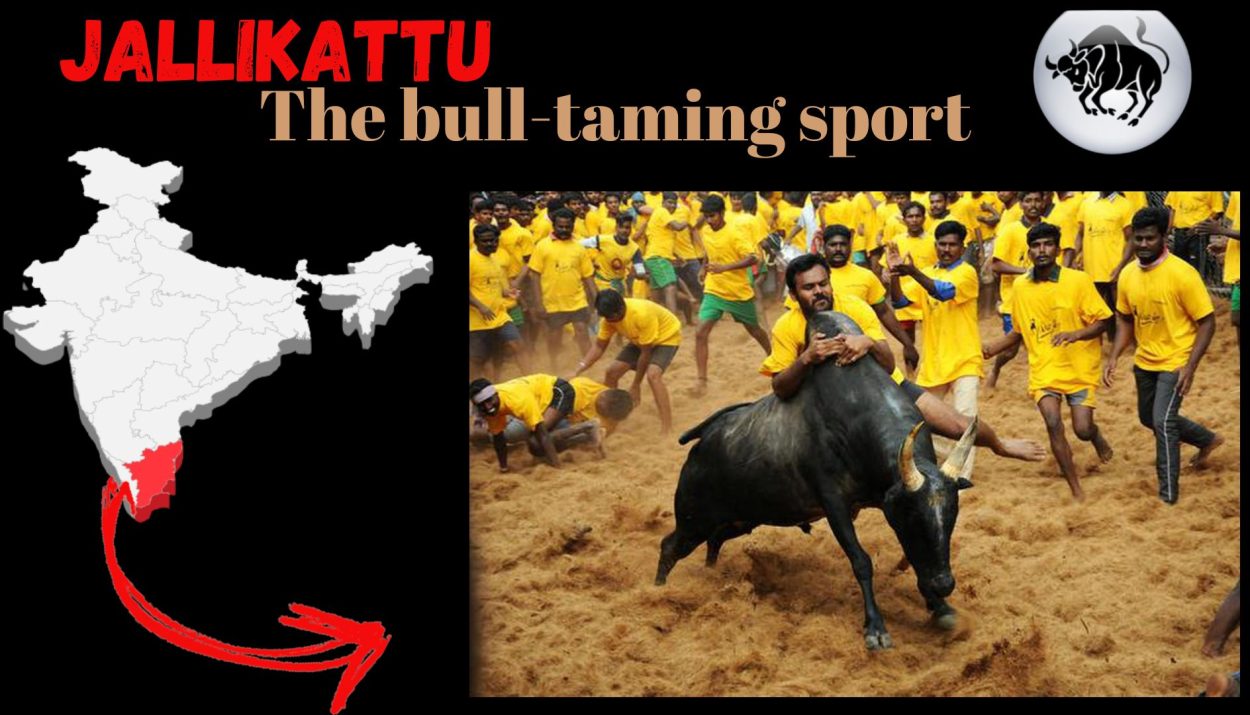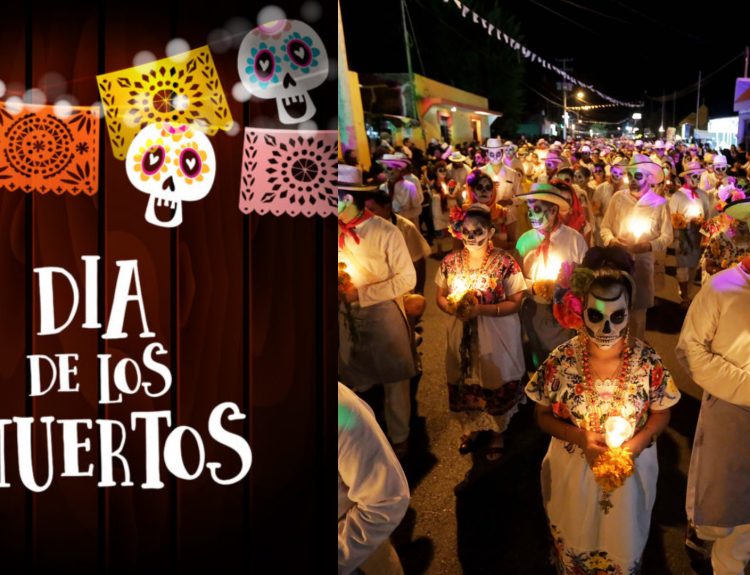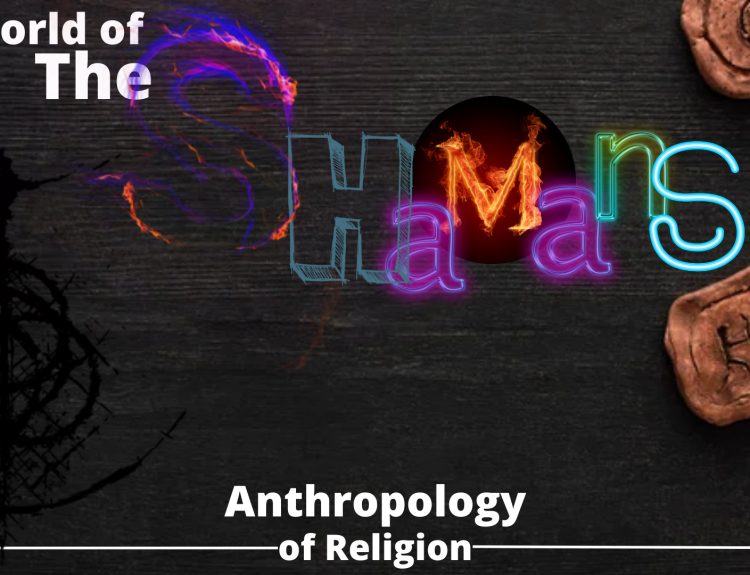Jallikattu is a bull-taming sport from Tamil Nadu, India. It is organized in various districts of the state including Madurai, Sivaganga and Pudukkottai. It is played as a part of Pongal celebrations on Mattu Pongal, the third day of the Pongal festival (‘Mattu’ is a Tamil word that means ‘bull’). It is a traditional sport that dates back to some 2000 years ago when it was used to select the bridegroom.
Pongal Festival
Pongal is the harvest festival celebrated by the Tamil community across the globe. It is celebrated for about four days in Tamil Nadu. Pongal is also the name of the dish eaten during the celebration. It is derived from the Tamil word “pongu” meaning “to boil over”.
The festivities are marked with thanksgiving to the Sun God, Mother Nature and various farm animals that help with the abundant harvest.
According to Hindu mythology, on the second day of the festival, which usually falls on January 14 or 15, the Sun turns from south to north and enters the zodiac sign Makara (Capricorn). It marks the end of the winter solstice and the beginning of the Tamil solar calendar Tai month. The festival has several regional names.
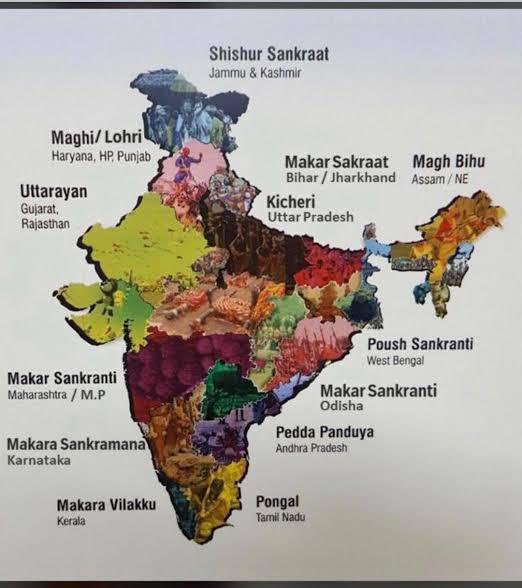
The sport: Jallikattu
Jallikattu is also called Yeru Thazhuvuthal which means “hugging the bull” or Manju Virattu which means “chasing the bull”. There are many variations of this game, each with its own rules. Pulikulam, Umbalacheri, Bargur, Malai Madu and Kangayam are the breeds of bulls used during the game.
The word Jallikattu is derived from the Tamil word sallikattu (“salli” means “coins” and “kattu” means “package”). This refers to the bag of coins tied to the horns of the bull which the contestants have to hold or at least try. They have to secure the package. The person who catches the hump and takes the bag without falling is the winner. A small entrance called “Vaadi Vasal” is used to release the bulls one by one into the ground called “Vaadi”.
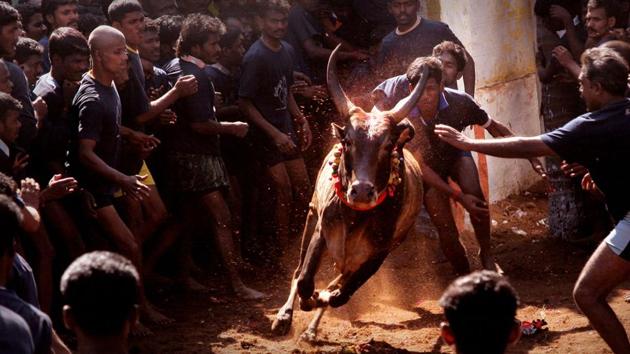
Tamil culture shares a special bond with the cow, the bull and the domestic fowl. Jallikattu is a cultural pride for the community. It is a symbol of bravery for them. The sport is controversial because it brings about major injuries and even deaths.
Archaeological shreds of evidence of Jallikattu
- A seal has been found in the Indus Valley Civilization which shows the practice of bullfighting. It is preserved in the National Museum, New Delhi.
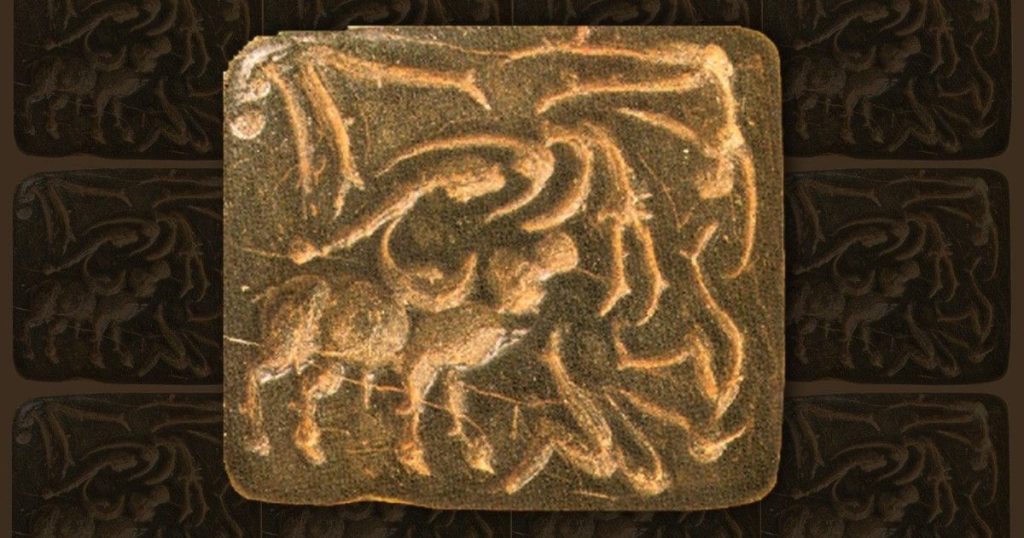
- Several cave paintings, about 1500 years old, found in a remote village of Tamil Nadu depict a man taming a bull.
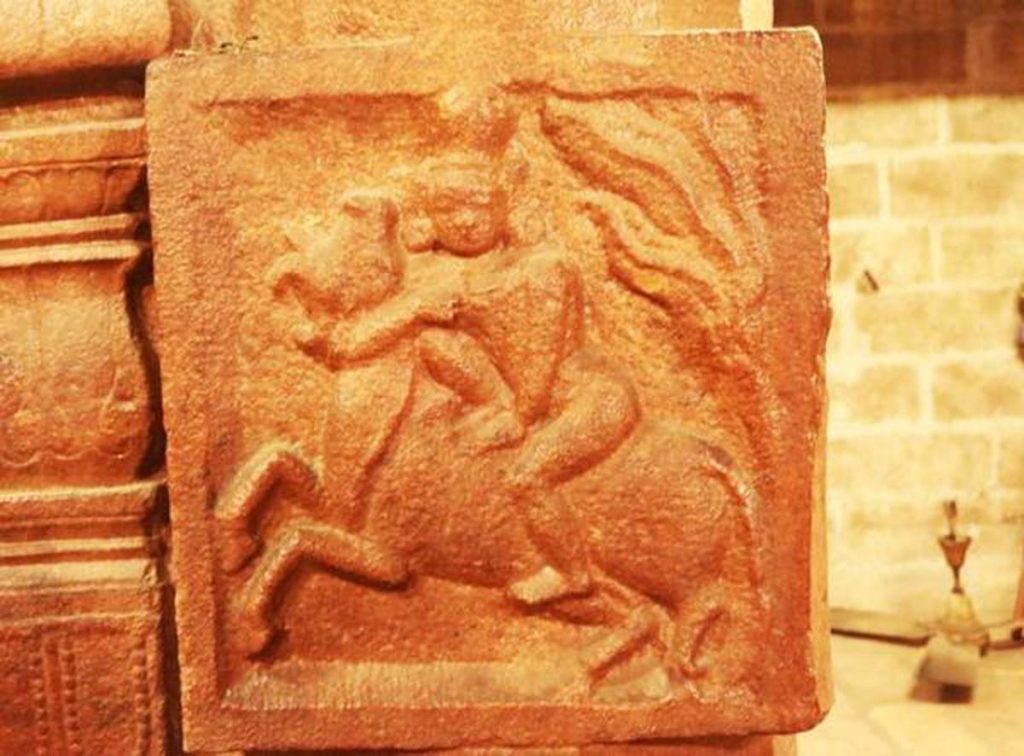
- Reference of Jallikattu in Tamil literary works-
Silappatikaram (one of the 5 great epics of Tamil literature)
Kalithogai
Malaipadukadam
Legal situation on Jallikattu
The Animal Welfare Board of India filed a case in the Supreme Court for a ban on Jallikattu on grounds of cruelty to animals and danger to public safety. Jallikattu is conducted under the guidelines of the Regulation of Jallikattu Act, 2009. In May 2014, the Supreme Court struck down a state law banning the game.
In 2016, the Union government issued a notification allowing Jallikattu with certain restrictions. Various activists challenged the notification. Then the Supreme Court issued a stay on this.
In January 2017, a public agitation took place at Mariana Beach in Chennai, demanding the lifting of the ban on Jallikattu. Subsequently, several other protests took place to oppose the ban.
Due to these protests, the Tamil Nadu government passed the Prevention of Cruelty to Animals Act in 2017 which permitted the continuation of the sport.
Many organizations filed petitions against this. Yet, the situation is not clear regarding the Jallikattu events.
Conclusion
Nevertheless, Jallikattu is a religious sport, a mix between culture and lifestyle in Tamil societies. The sport needs to be made safer for both the men and the bulls. This is the only way it can survive for more generations.
Jallikattu in 2023 will be held from January 15 to January 17 in the Madurai district of Tamil Nadu.
At last, wish you a very Happy Pongal and Jallikattu.
References
Jallikkattu Festival – Indian Festival


